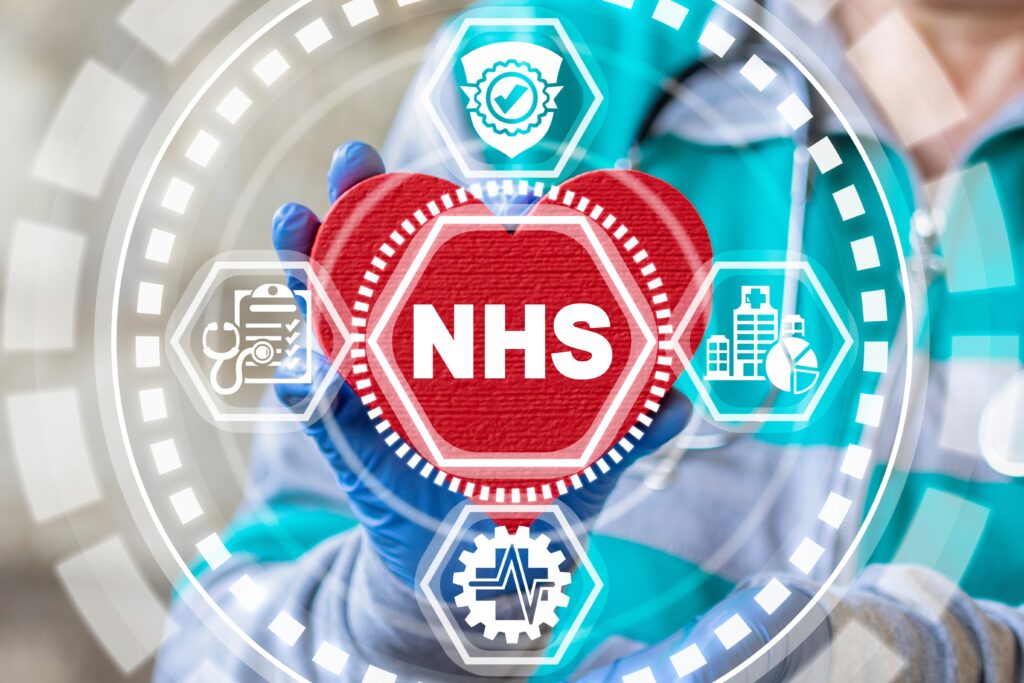NHS Introduces AI to Speed Up Patient Discharges – Innovation or Risk?

The NHS is stepping into a new digital era by piloting an AI-powered platform designed to speed up patient discharges and free up hospital beds faster. The trial, launched by Chelsea and Westminster NHS Trust, is part of the government’s 10-year digital health strategy aimed at modernising the UK’s healthcare system.
The platform uses artificial intelligence to extract key information from patients’ medical records – including diagnoses, test results, and prescribed medications – and automatically drafts discharge documents. Doctors and nurses then review and approve the paperwork, allowing patients who are fit to leave the hospital to go home without unnecessary delays.
Health Secretary Wes Streeting called the technology “potentially transformational”, describing it as a key step in the shift from analogue to digital healthcare. He added that the goal is to reduce waiting times, ease the pressure on overstretched hospital staff, and improve the overall experience for patients.
Potential Benefits for Patients
- Faster discharges and shorter waiting times.
- Less administrative burden on doctors and nurses.
- Better coordination between hospitals, GPs, and community health services.
- Part of a long-term digital strategy to create a more efficient NHS.
For patients, including Londoners and visitors relying on NHS services, the promise is clear: shorter queues, quicker access to treatment, and fewer delays in receiving care.
Concerns and Hidden Risks
Despite the optimism, experts warn that introducing AI into healthcare brings its own set of challenges:
1. Risk of Data Errors
If the AI pulls incorrect information from medical records — such as the wrong diagnosis or medication — patients could be discharged prematurely or receive inappropriate care.
2. Over-Reliance on Automation
As the system becomes integrated into hospitals, there’s a risk that staff may begin to trust AI-generated documents too much, overlooking potential mistakes during the review process.
3. Impact on Jobs
The automation of administrative tasks could eventually lead to job cuts, particularly among medical secretaries, data clerks, and non-clinical staff. While this won’t happen overnight, the long-term effects on the NHS workforce could be significant.
4. Data Privacy and Security
The platform operates on the NHS Federated Data Platform, which processes millions of sensitive medical records. Concerns remain about how securely this information is stored and whether it’s adequately protected from cyberattacks.
Looking Ahead
The NHS is taking a bold step towards digitising healthcare, but the platform is still in its pilot phase. While AI promises faster discharges and more efficient hospital operations, it also raises serious questions about patient safety, data security, and the future of healthcare jobs.
For now, patients are advised to carefully review all discharge documents and seek clarification from their doctors if anything looks unclear — AI may speed up the process, but human oversight remains critical.



Responses